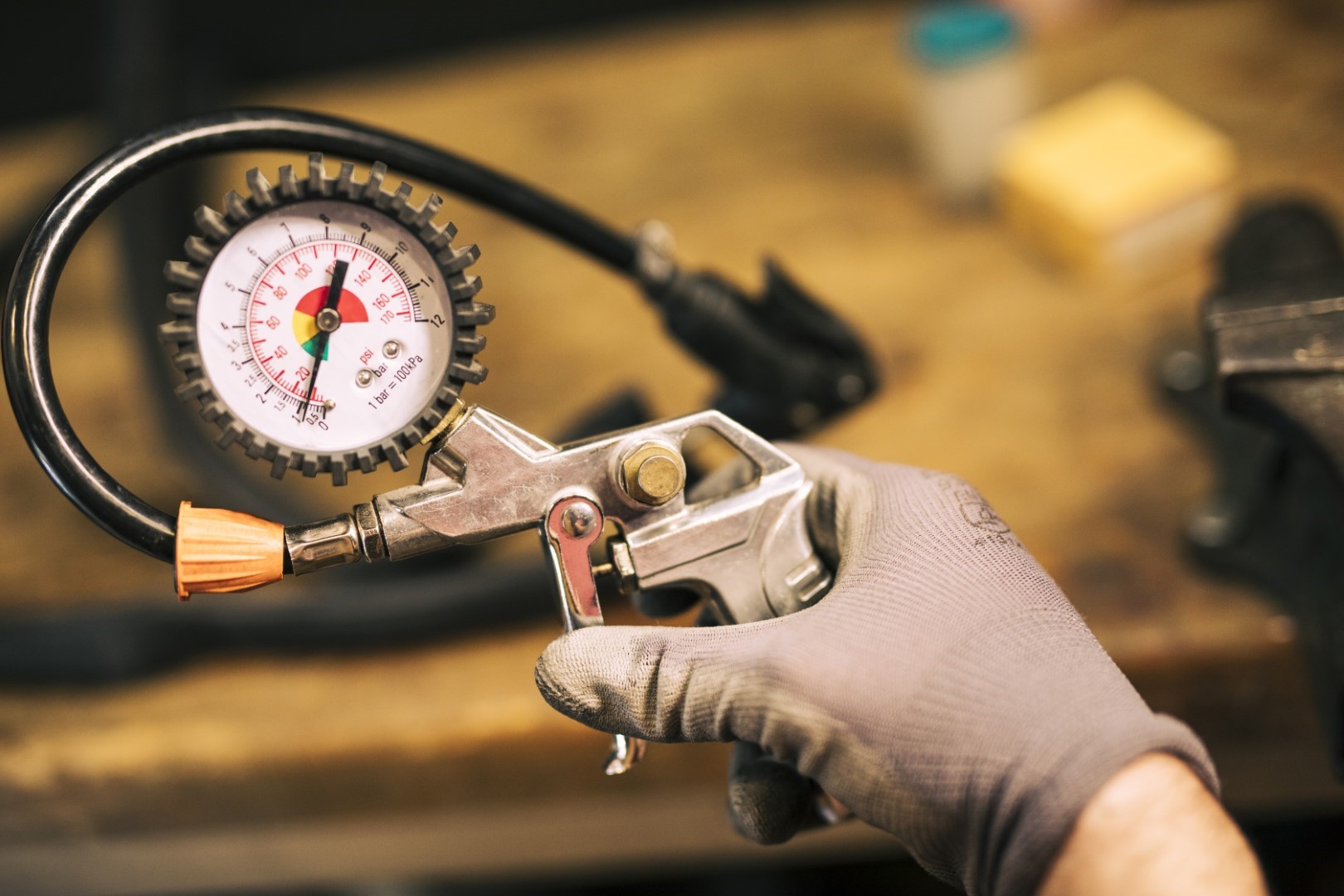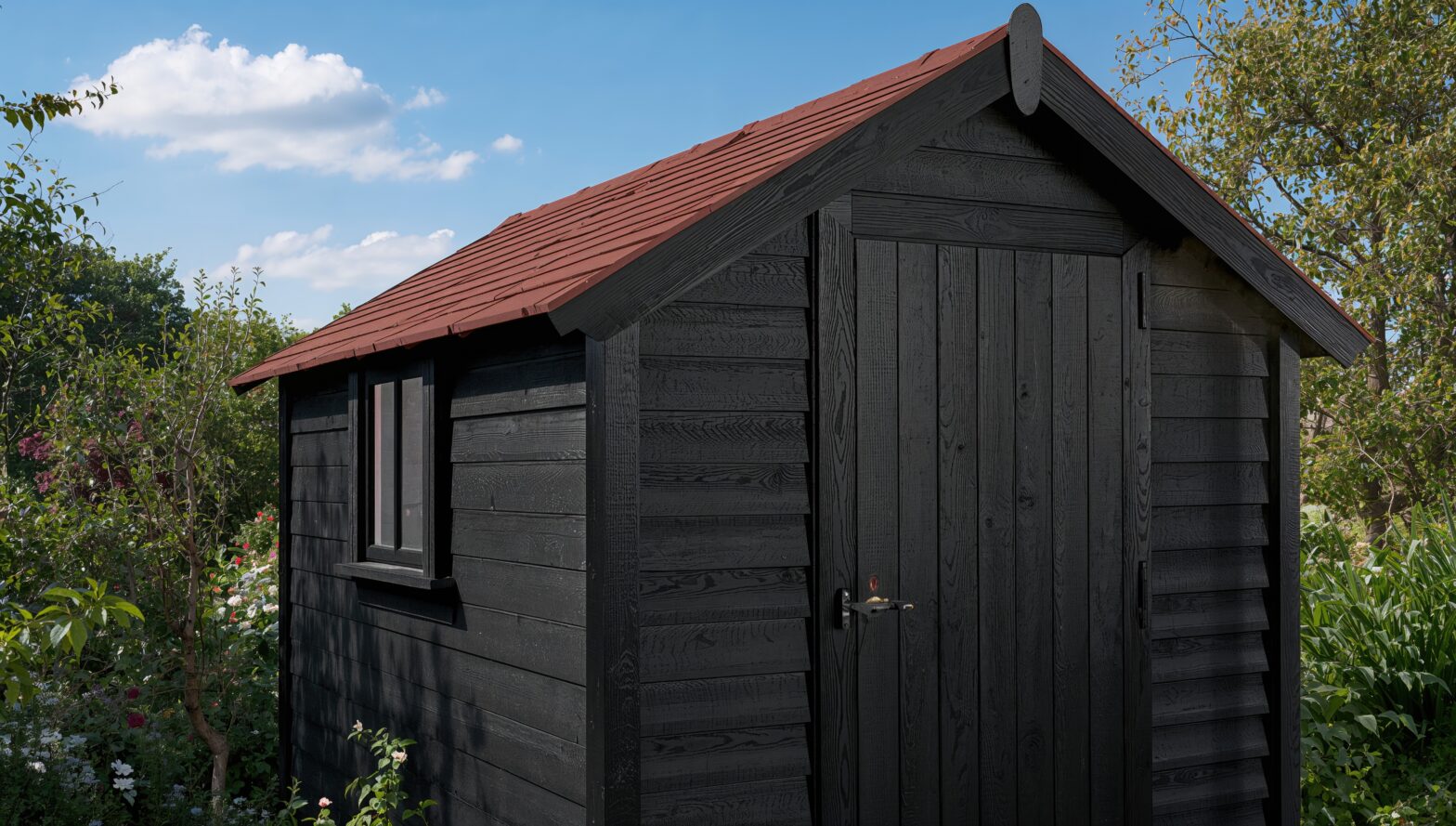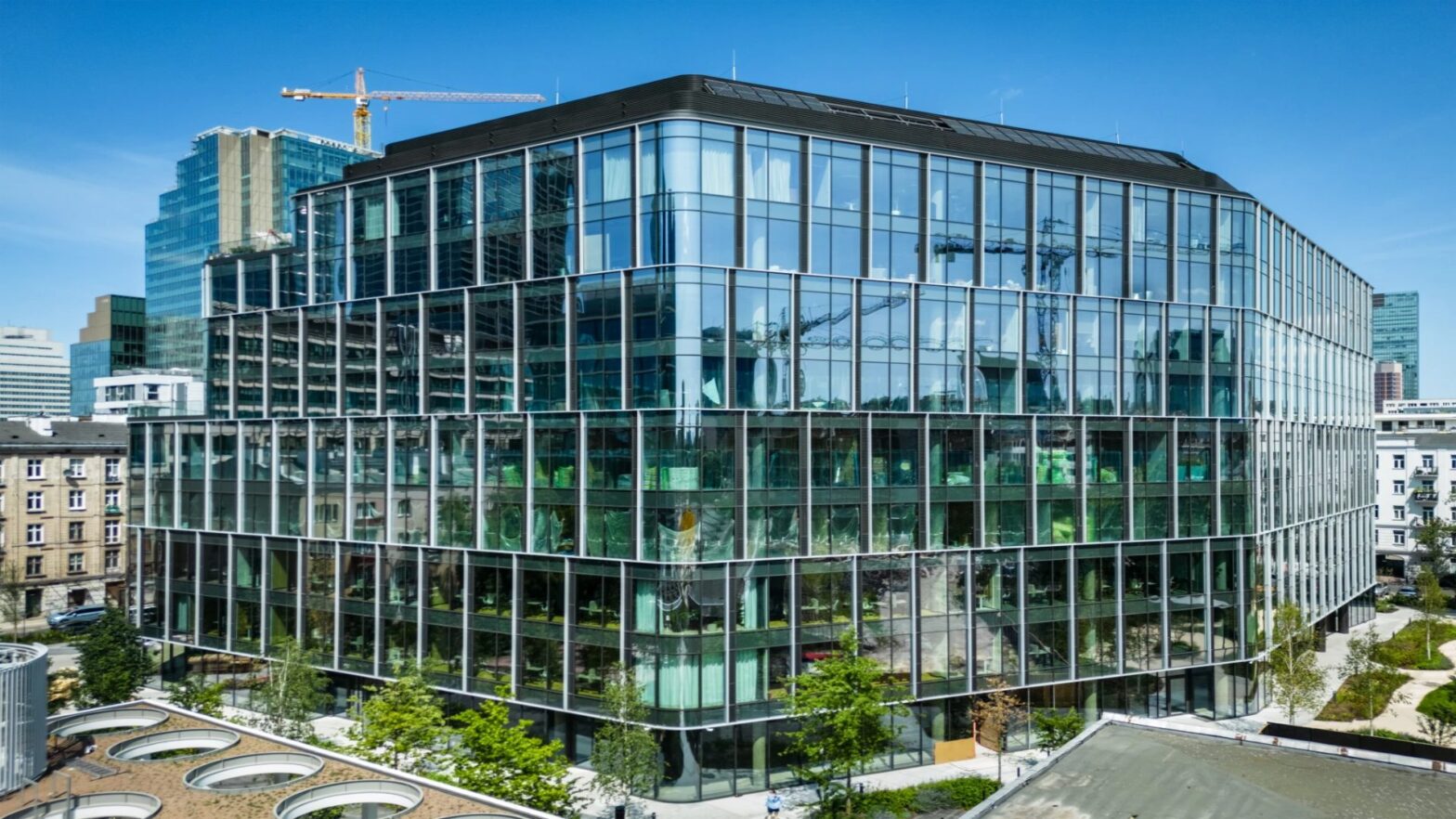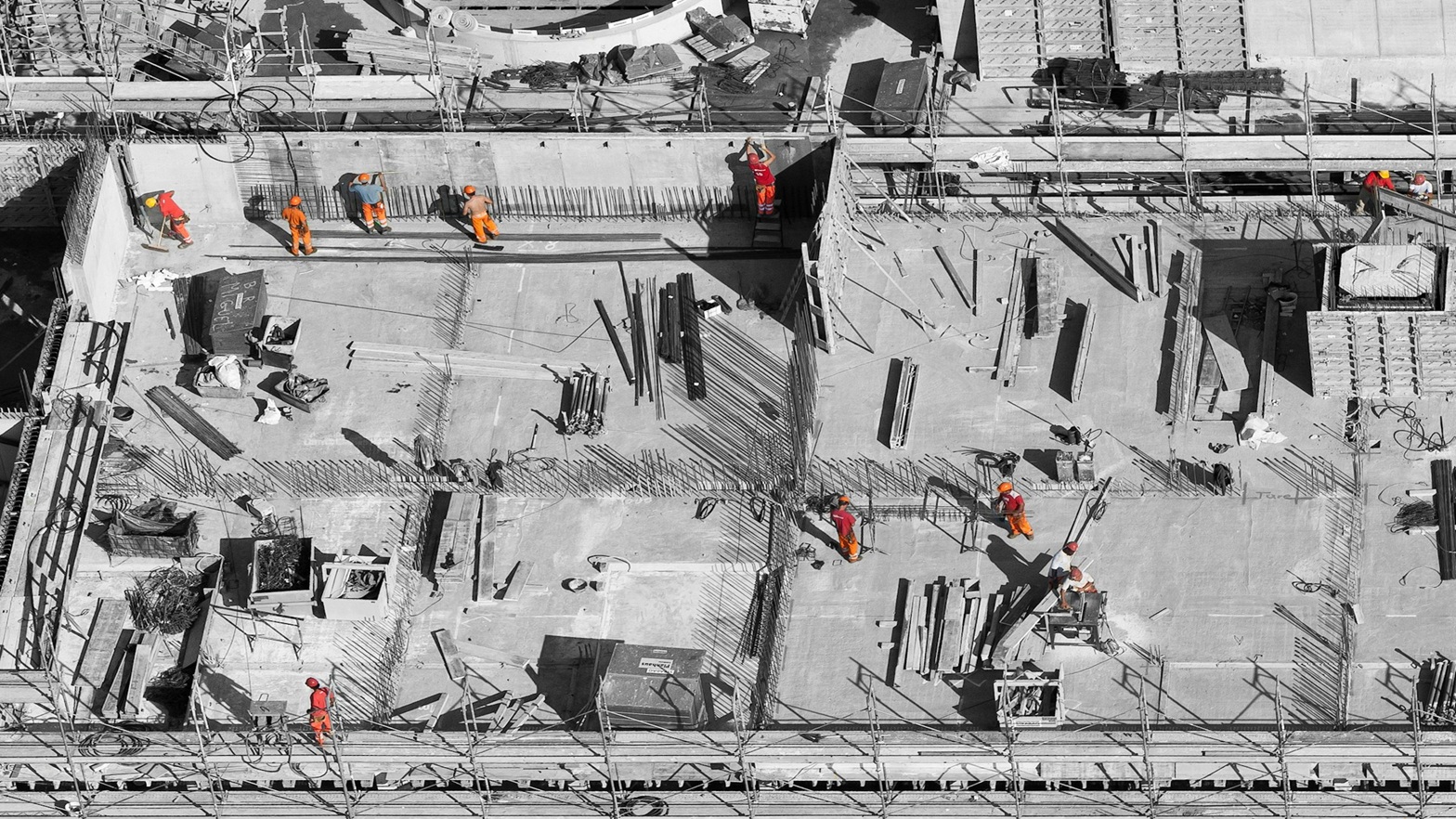Air compressors play an important part in industrial equipment finance since they are the beating heart of many production processes. When companies examine their capital investments, one crucial element that frequently comes to the forefront is the resale value and depreciation of these critical pieces of machinery.
Understanding Resale Value
Resale value and depreciation are intimately related concepts that have a significant influence on the financial decisions that businesses make when acquiring industrial equipment, particularly air compressors. The resale value is the monetary value that an item retains over time, even after it has been used and worn.
This metric reflects how the market sees the machine’s long-term quality, brand reputation, and technical advancements. Understanding the factors that influence resale value is crucial as businesses navigate the air compressor financing landscape. Here are some of these things to think about:
Maintenance History
Maintenance history, which is often overlooked but equally significant, is an important factor in evaluating resale value. A well-maintained air compressor with a documented history of regular maintenance and upkeep may be more desirable to prospective buyers. This history reveals that the machine has been well-maintained, which eliminates any concerns about its condition and operation.
Additionally, if someone is considering an air compressor hire rental, they’ll need to contemplate maintenance history too. Hired air compressors often experience varying degrees of usage and wear compared to equipment owned by a single entity. This increased usage can lead to more rapid wear and tear, potentially resulting in a lower resale value.
Brand Reputation
Brand reputation is a critical component of resale value. Because of their track record of dependability and performance, reputable and established brands sometimes attract higher resale values.
A well-known brand name might inspire trust in potential purchasers, making them more ready to invest in a machine with a proven track record. However, it is not only about identification; it is also about the guarantee of constant operation and the lower risk associated with well-known producers.
Technological Advancements
Another factor influencing resale value dynamics is technical advancement. In the ever-changing industrial equipment market, air compressors with cutting-edge features and enhanced efficiency tend to have greater resale prices.
Buyers seeking modern solutions may be led to technologically advanced compressors by the allure of greater output, energy savings, and conformity with industry standards.
As a result, these gadgets are more likely to be resold in the secondary market for longer periods of time.
What Are the Factors That Affect Air Compressor Depreciation?
Air compressor depreciation, a natural and inevitable financial phenomenon, is influenced by a myriad of interconnected factors that businesses must consider when making equipment investment decisions.
Usage Intensity
Air compressors subjected to heavy and continuous workloads wear out faster, resulting in a lower value decrease. The persistent cycle of pressure fluctuations, vibrations, and mechanical stress caused by high-frequency operations accelerates degradation significantly.
To mitigate the impact of depreciation, businesses should carefully match the specifications of their compressor to their operational requirements, ensuring that the equipment can withstand the anticipated intensity of usage.
Market Trends
Market dynamics have a significant impact on the rate of depreciation of air compressors. Economic fluctuations, changing business demands, and technological improvements all contribute to the fluctuating market value of the equipment. Compressors that follow current trends, such as energy efficiency, environmental friendliness, or interoperability with smart industrial processes, depreciate more slowly.
The availability of a robust rental market can influence the depreciation of purchased air compressors. If hiring options are widely accessible and offer competitive rates, the demand for purchasing used compressors might decrease, potentially affecting their depreciation rates. Conversely, in regions with limited rental options, the demand for used equipment could be higher, leading to slower depreciation.
Such equipment is still in high demand among organisations looking to keep ahead of the competition. Companies may make more educated decisions about their compressor investments by remaining tuned in to market conditions, with the goal of acquiring equipment that keeps its value better over time.
Scheduled Maintenance
Regular maintenance, such as inspections, service, and component replacements, may increase the life of an air compressor and delay its depreciation. Establishing and sticking to a detailed maintenance schedule not only assures optimal operation but also increases the machine’s resale value.
Purchasing air compressors with modular components or the flexibility to accommodate future improvements can help extend their useful life and reduce quick obsolescence. Upgradable compressors may respond to changing operating needs and technological improvements, better matching with market expectations and resulting in decreased depreciation rates.
Conclusion
In the complex world of air compressor financing, resale value and depreciation are critical financial factors. A thorough grasp of how these elements interact may help organisations make prudent investment decisions and maximise their returns on capital outlays.
Businesses may negotiate the ever-changing world of industrial equipment finance with confidence and financial prudence by prioritising brand reputation, technical improvements, maintenance history, and intelligent depreciation mitigation measures.





























